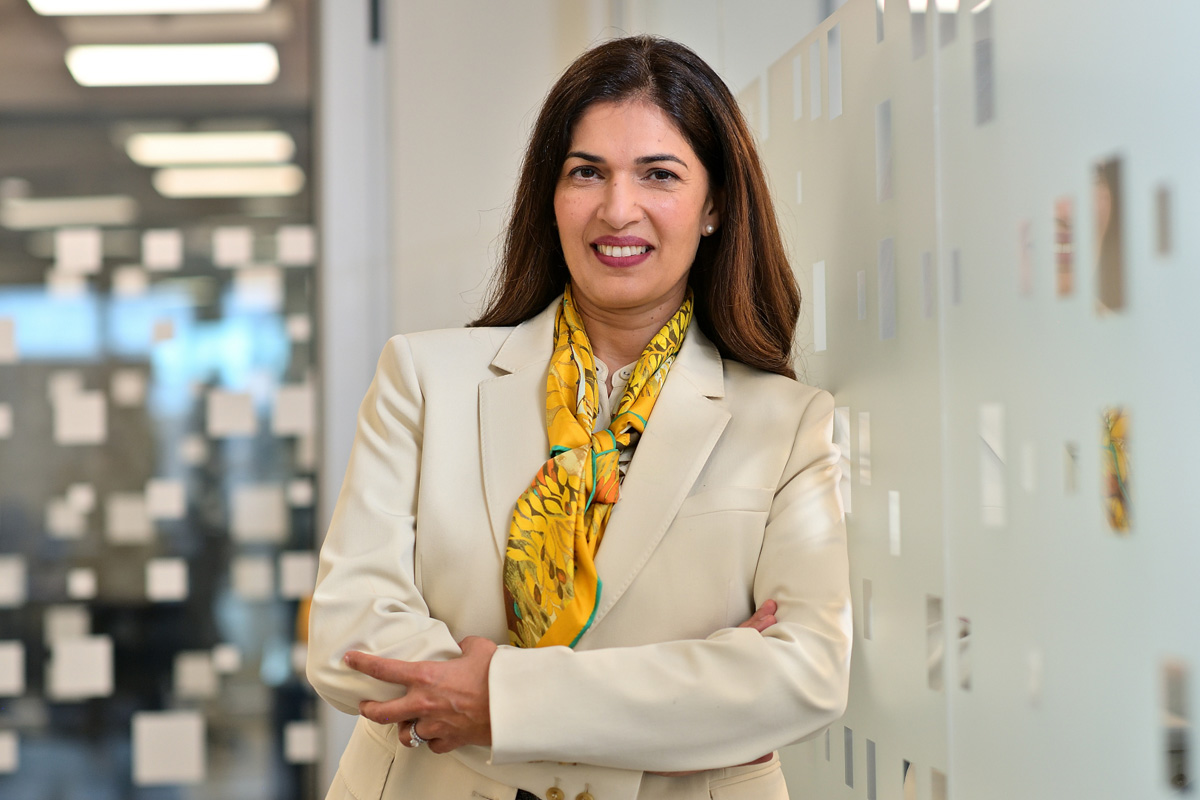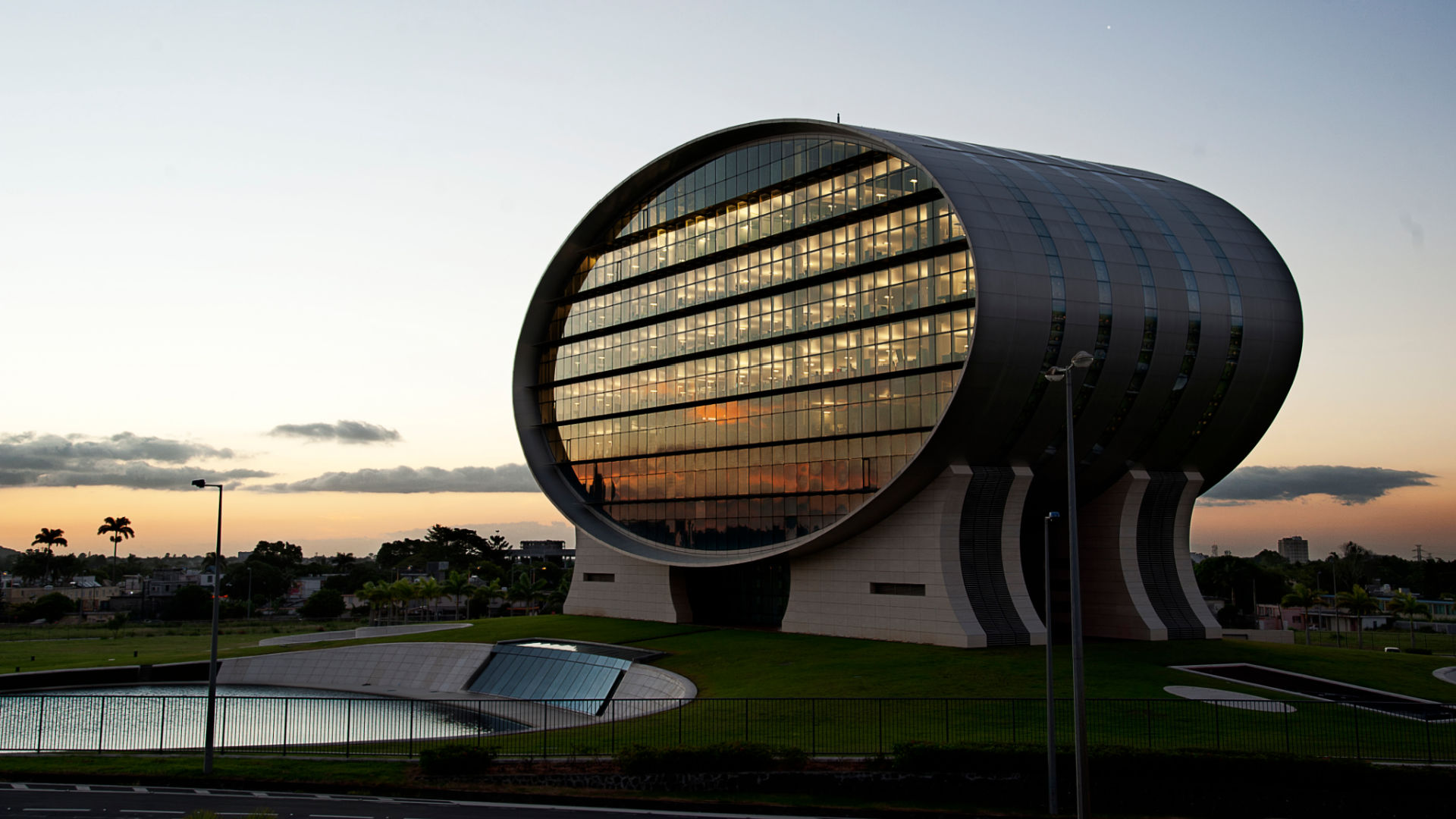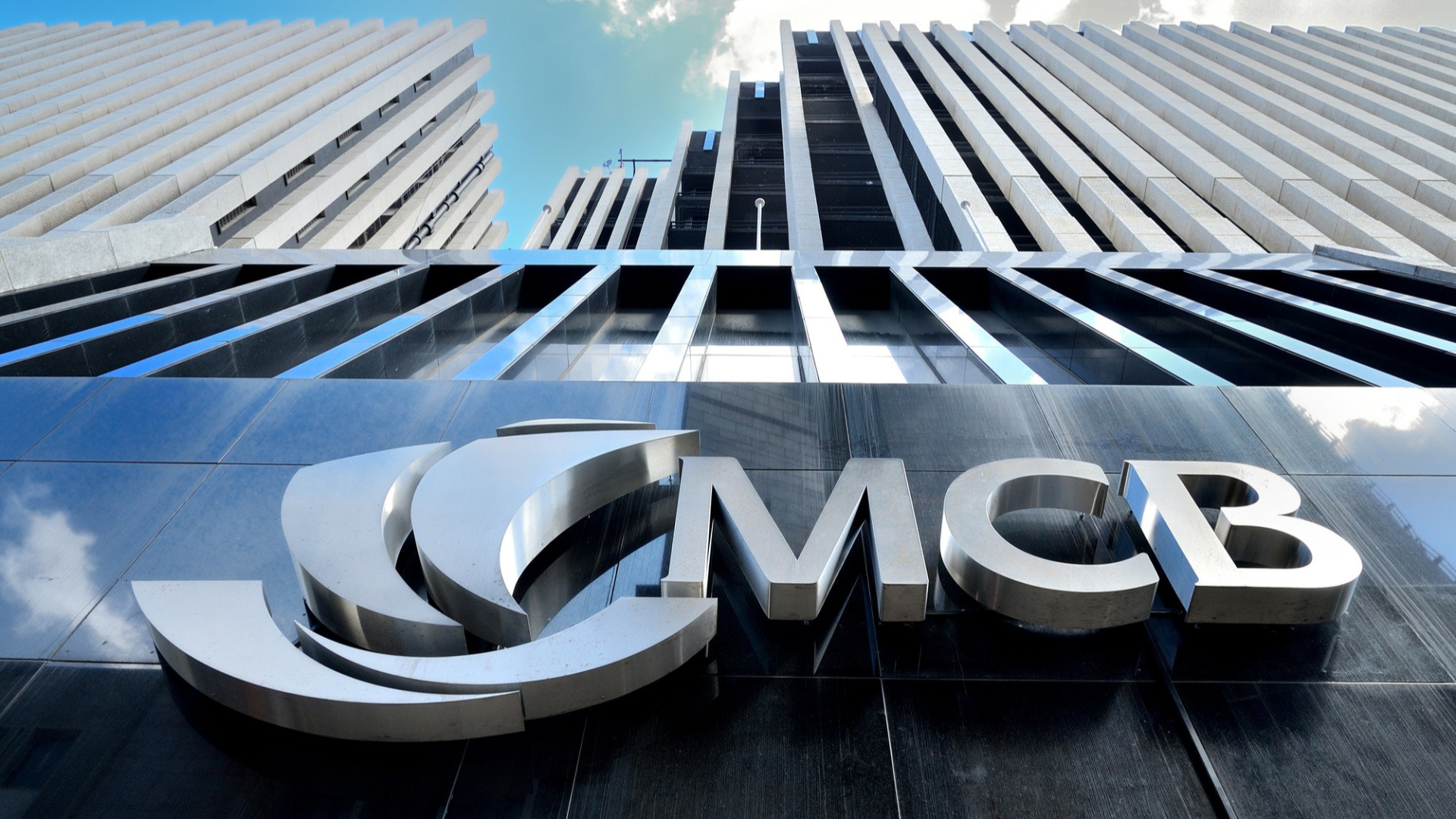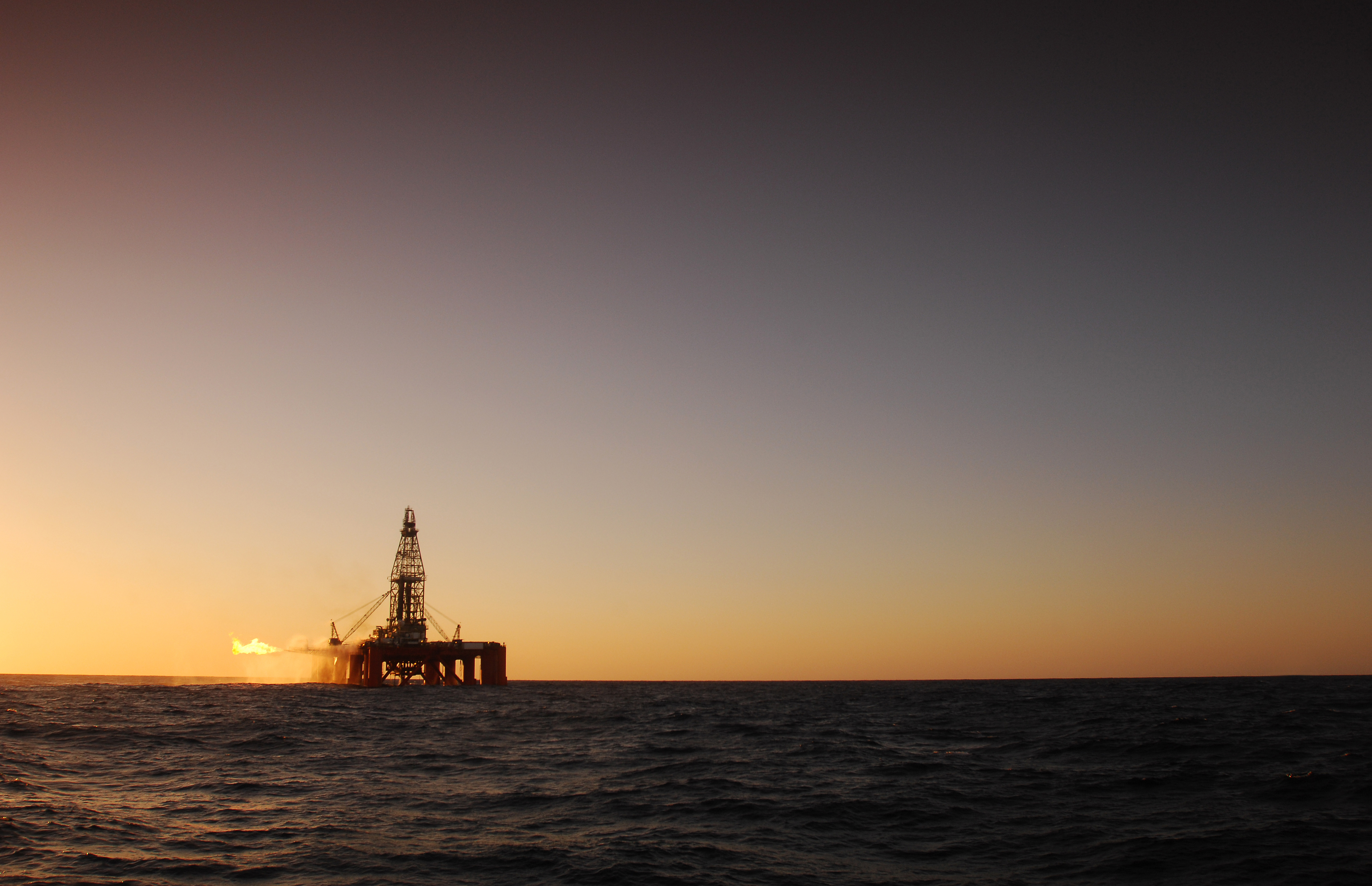- Home
- Investor Centre
- Sustainability
- Talent
- News
- TH!NK
- Corporate Governance
- Company Profile
- Board of Directors
- MCB Offices
Contact Info
Hema Cederhage: "Custodians have allowed the development of the wealth management industry in Mauritius"

MCB Securities Services has been safekeeping financial investments in Mauritius and abroad for the past 30 years. Its head, Hema Cerderhage, lifts the veil from the very mysterious world of custodians to give a glimpse of what’s behind the scenes.
MCB Securities Services celebrated its 30th anniversary this year. Should it come as a surprise to know that MCB has been offering those services since the early nineties? It seems rather vanguard. Is it?
Well, it was around that time that Mauritius made the leap into reinventing itself as an international financial centre, so I would say that in retrospect, it was fitting, but truth be told, MCB Securities Services was created for a specific purpose, at the request of Lloyds Bank, at the time the custodian of the newly launched Mauritius Fund. The Fund was launched on the London Stock Exchange with Lloyds Bank as Custodian, but the missing link was a local entity to manage the trades and holdings on the Stock Exchange of Mauritius (SEM). The MCB was approached to fill that gap, and this was the launch of a new field of business for the MCB Group.
A low-key start to suit a low-key journey. In an article published in May by Mauritius Finance, you describe custodian services as the “supporting act” of the international financial centre. Is it frustrating to be a supporting act?
No, not really. I used the term because, for many, the trade in securities starts and ends with two counterparties who buy and sell to each other. In reality, however, there are a number of steps that take place ‘behind the scenes’ to complete the trade. The end-to-end process is known as the trade life cycle, with the activities performed by the custodian known as post-trade. Once the client informs their custodian that they have entered into a trade, the custodian’s role is to clear and then settle the trade. Clearing is where the details of the buyer and the seller are verified to ensure that they match exactly before the actual transfer of value – the exchange of cash for security – (what we call the settlement) can take place. This is what marks the end of the trade.
By working with a network of agents, custodians allow their clients, be they institutions or individuals, to buy shares globally regardless of where they are based, thus facilitating international investments. The link isn’t evident; this is why I refer to the role of the custodian as a supporting act. This supporting act, however, is what has allowed the development of the wealth management industry here by enabling clients or their asset managers to invest internationally. Likewise, Funds administered in Mauritius invest internationally through their custodians.
To come back to your question, no, it’s not frustrating to be a supporting act. Our role is just simply not well understood. Besides the role we play in the trade life-cycle, perhaps the most important role of the custodian is to keep their clients’ assets safe.
Do the services you offer warrant a higher profile? Have they gained in sophistication from the time you did Lloyds Bank the favour?
Securities services remain a back office activity, so I don’t expect the profile to be raised from that perspective, but maybe we could do more to raise awareness around our offering as a provider of these services and attract more business.
MCB SS now has an international reach. We started by providing safekeeping services only for local assets. The first big change came when the asset management business was launched in Mauritius with an appetite for investing internationally. This is when we had to look for agents to allow us to extend our services to international markets. Today, we provide access to more than 90 markets and our clients are actively invested in more than 40 of these markets.
You’ve been at the helm of MCB SS for the past seven years. What were the biggest changes you’ve witnessed so far?
This is an interesting question because we also operate internationally. This means we are subject to international regulations, which regularly go through changes to promote efficiency. This requires us to keep up and adapt our processes.
From an operational perspective, our Assets Under Custody have doubled in the past seven years, and we are now processing over 140,000 transactions a year. We have also extended our services to include the record-keeping of the government bonds sold by Financial Markets and the stocks held by clients of MCB Stockbrokers Ltd (MSL). An addition of more than 40,000 accounts to the 3,500+ Investment Settlement Accounts we operate for our custody clients.
Do you go looking for business internationally, or do you just accompany your clients?
We accompany clients internationally in the sense that we allow them to invest internationally. The beauty of our business is that we don’t need a custody license in a specific country to allow our clients to invest in it. Through our network of sub-custodians, we have access to more than 90 markets globally. Any international business development is done defacto by our relationship managers, who include securities services as part of their conversations with international clients and prospects. We do service clients who are based internationally and either seeking to leverage their existing relationship with the MCB Group or simply looking for a cost-effective way of managing their wealth management business or investment strategy.
And going forward? What’s the goal that keeps you going?
(Laughs…) Virtual assets! It scares a lot of people, but according to a study conducted by the Financial Action Task Force (FATF) this year, right now, Mauritius is the most compliant out of 98 jurisdictions assessed in terms of applying their recommendations for Virtual Assets service providers with regards to anti-money laundering and counter-terrorist financing. This is a big advantage that we need to fully exploit before the competition catches up. No matter how we look at it, Virtual Assets are here to stay. Depending on who you talk to, the industry is estimated to be worth between USD 3 to 5bn today. We simply cannot afford to look away, hoping that it’s a fad that will go away.
Isn’t that a risky move?
Not any riskier than any other investment, I’d say. There are always risks in investment, and yes, cryptocurrency is a risky asset that can go up or down. But investors take risks knowingly, and we must trust our investors to make the right decisions for themselves. We are just providing safekeeping services. Safekeeping, however, takes on a whole new meaning for virtual assets. We’re now talking about keeping assets safe in the digital world. It is crucial, therefore, to ensure that the cyber security measures we have in place are robust enough to protect digital assets from cyber threats or hacks.
Subscribe to our Email Alerts
Stay up-to-date with our latest releases delivered straight to your inbox.
Contact
Don't hesitate to contact us for additional info
Email alerts
Keep abreast of our financial updates.














